Many children experience anxiety when separating from their families, particularly when starting childcare, kindergarten or primary school. Separation anxiety is a normal part of development and can be just as stressful for families as it is for children.
Some children worry while others are more carefree and don’t show anxiety when separating from family. Children also show their anxiety in different ways – some may be visibly upset or appear nervous, while others may have physical symptoms such as headaches.
It is important to note that children’s anxiety is generally short-lived. They’re quite often happy playing within a short time of their family leaving. Over time, most children learn to feel safe in their new surroundings and gradually experience less separation anxiety.
Educators encourage families to check-in with the service throughout the day, to see how their child is coping. This can be done by phone call, email or direct message.
TIPS TO SUPPORT SEPARATION ANXIETY
- Participate in the orientation process.
- Read books and have discussions about starting childcare, kindergarten or school.
- Explain to your child what will happen during their day.
- Develop a goodbye routine and try to stick to the same routine for at least the first few weeks.
- Keep drop-offs short and avoid prolonging goodbyes.
- Have a transition toy or object for your child.
- Have faith and confidence in the service and educators.
- Begin to build a positive and respectful relationship with educators.
- Remain calm, relaxed and confident.
- Refrain from showing your child that you are anxious yourself.
- Hand over to an educator who can distract your child by engaging them in an activity.
- Reassure your child that you will be returning.
- Acknowledge your child's feelings and show empathy, whether that's with a comforting cuddle or some soft words.
- Don’t sneak away without saying goodbye.
- Communicate regularly with educators, particularly if there have been any changes to the normal routine, e.g., new baby, moved house, late night.
- Reunite at the end of the day in a way that is comforting and reassuring to the child.
RESOURCES AND MORE INFORMATION
- Better Health Channel - Anxiety and Fear in Children
- Care for Kids - Helping Your Child Adjust to Child Care
- Care for Kids - Managing Feelings of Parent Guilt
- Care for Kids - Strategies for Easing Separation Anxiety
- Early Childhood Australia - About Separation Anxiety
- HealthDirect - Separation Anxiety
- Melbourne Child Psychology - What I Learned about Child Care and Dealing with Separation
- Raising Children Network - Anxiety, Worry and Fears in Children
- Raising Children Network - Separation Anxiety in Babies and Toddlers
- Raising Children Network - Starting Child Care: Children's Feelings
- Selmar Institute of Education - 7 Strategies for Easing Separation Anxiety in Children




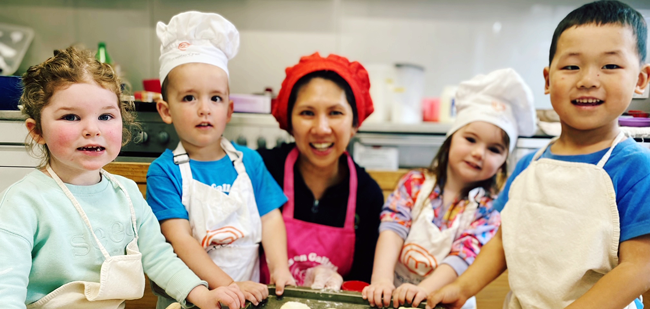

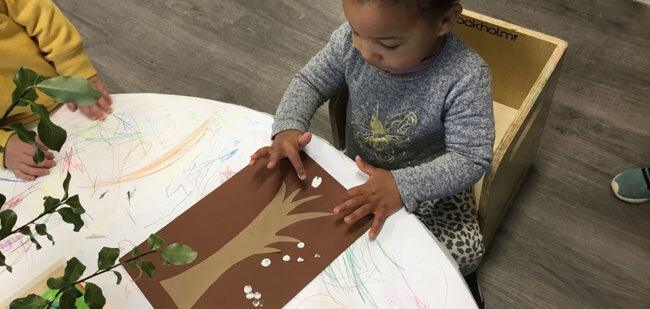
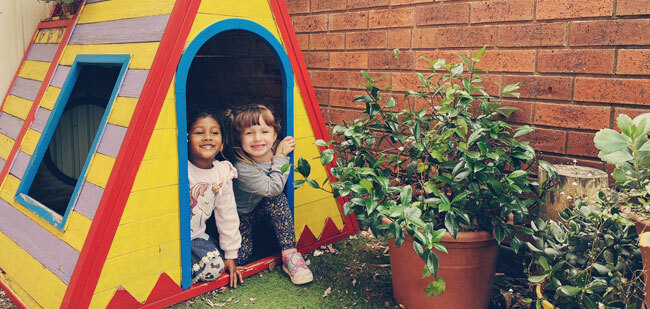
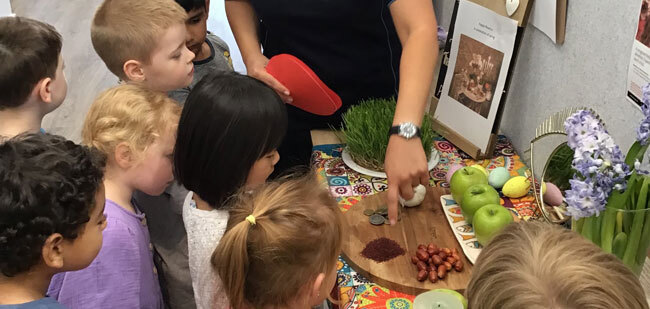
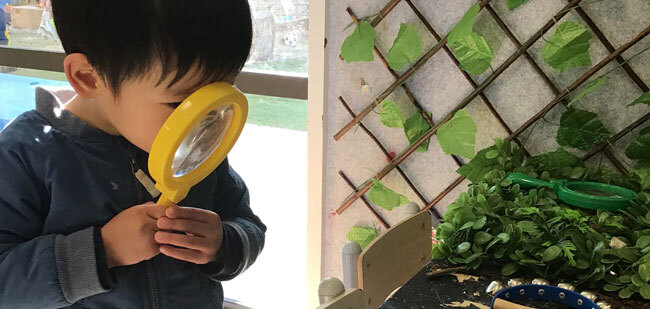
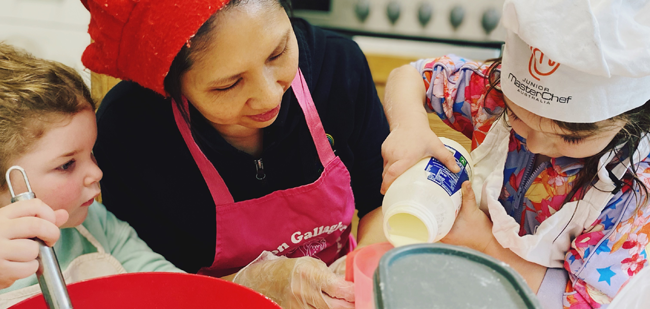
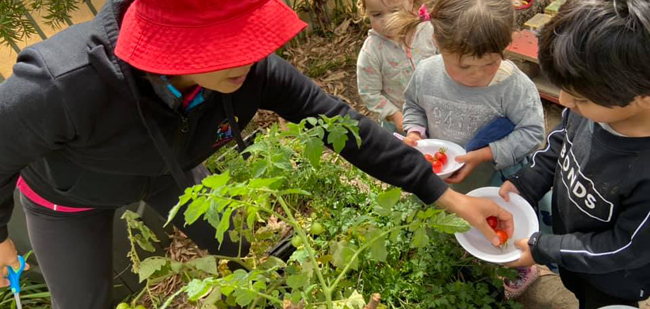
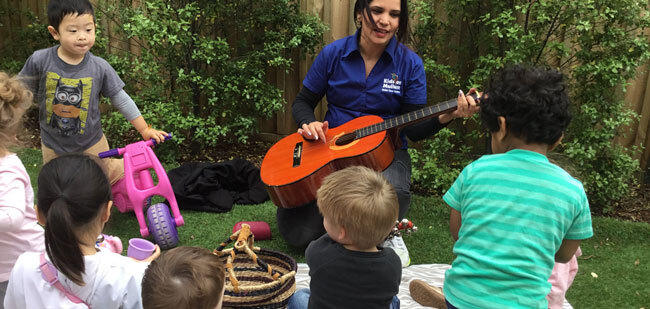
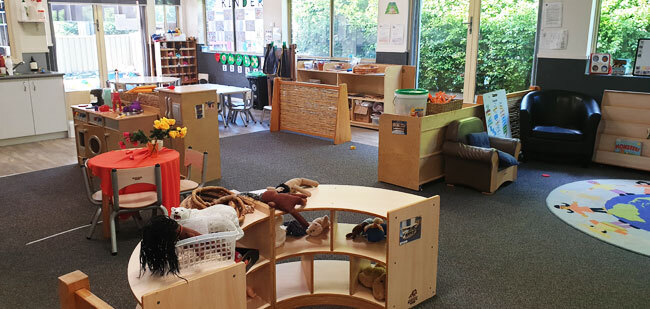
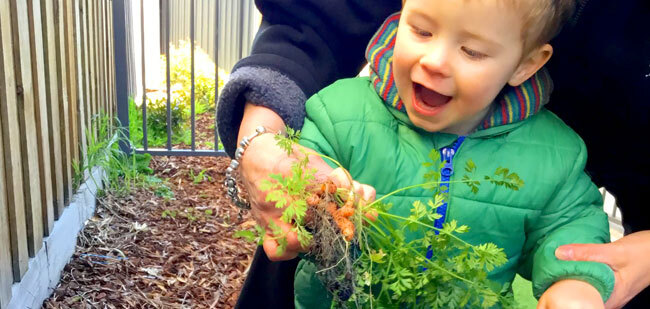


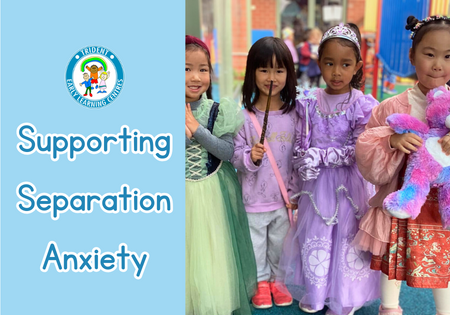
 info@tridentearlylearning.com.au
info@tridentearlylearning.com.au